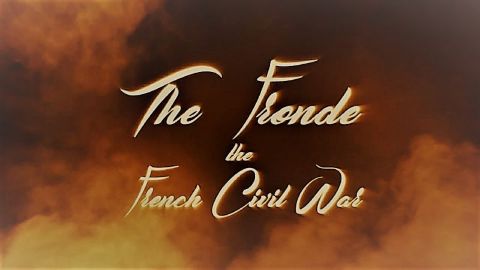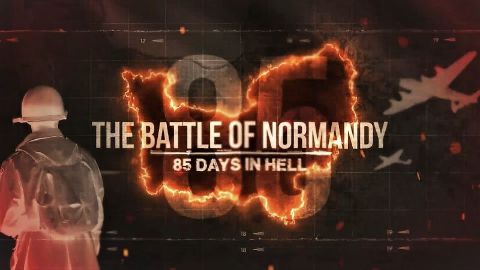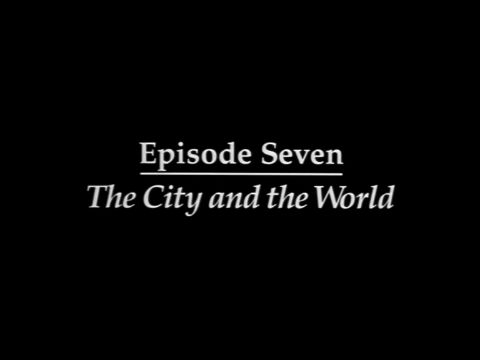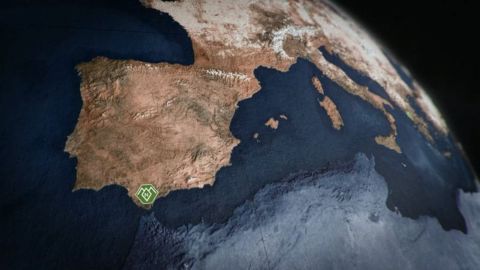Prosecuting Evil: The Extraordinary World of Ben Ferencz • 2019
The incredible story of Ben Ferencz - the last surviving Nuremberg prosecutor and lifelong advocate of "law not war". After witnessing Nazi concentration camps shortly after liberation, Ferencz became the lead prosecutor in the Einsatzgruppen case at Nuremberg, which has been called the biggest murder trial in history. All 22 Nazi officials tried for murdering over a million Jews were convicted. Ferencz went on to advocate for restitution for Jewish victims of the Holocaust and later for the establishment of the International Criminal Court. At 98, his fight for justice for victims of atrocity crimes is stronger than ever.
Make a donation
Buy a brother a hot coffee? Or a cold beer?
Hope you're finding these documentaries fascinating and eye-opening. It's just me, working hard behind the scenes to bring you this enriching content.
Running and maintaining a website like this takes time and resources. That's why I'm reaching out to you. If you appreciate what I do and would like to support my efforts, would you consider "buying me a coffee"?
Donation addresses
BTC: bc1q8ldskxh4x9qnddhcrgcun8rtvddeldm2a07r2v
ETH: 0x5CCAAA1afc5c5D814129d99277dDb5A979672116
With your donation through , you can show your appreciation and help me keep this project going. Every contribution, no matter how small, makes a significant impact. It goes directly towards covering server costs.





